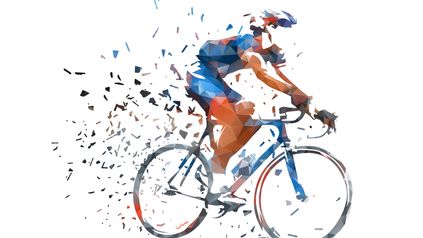There's an old joke (old by Internet standards anyway) which goes: "What's the best place to hide a dead body"? Answer: "Page two of Google".
Consumers seem to have very little desire to look beyond the first page of search results. And it is presumably with this in mind that the UK Intellectual Property Office has announced the signing of a new code of practice, under which the leading search engines (including Google) will quickly demote in their search results, sites which infringe copyright.
As The Sun newspaper points out, this means that it will be harder to find illegally streamed live football matches.
This is an important development. Without revenue from sales of broadcast and streaming rights, our sports and entertainment industries would be crippled. Unlawful sites where content can be streamed or downloaded without the permission of the copyright owners undermine the ability of those industries to make money from their rights and enrich the pirates. Even if the pirate site doesn't charge the user, they're often making money from advertising, which only pays because the site can attract people to with content which isn't theirs to give away.
Of course, this new code of practice may drive people who care little about intellectual property to delve into the Dark Web to find the infringing content they're looking for. After all, it's important to note that this new code of practice does nothing to expunge the content itself from the Internet. It's still there. People might even venture onto page two of Google.


/Passle/57b2e0b63d947408fcc6e4e6/SearchServiceImages/2025-10-21-10-59-00-260-68f76774e76526bbfaa5afe3.jpg)

